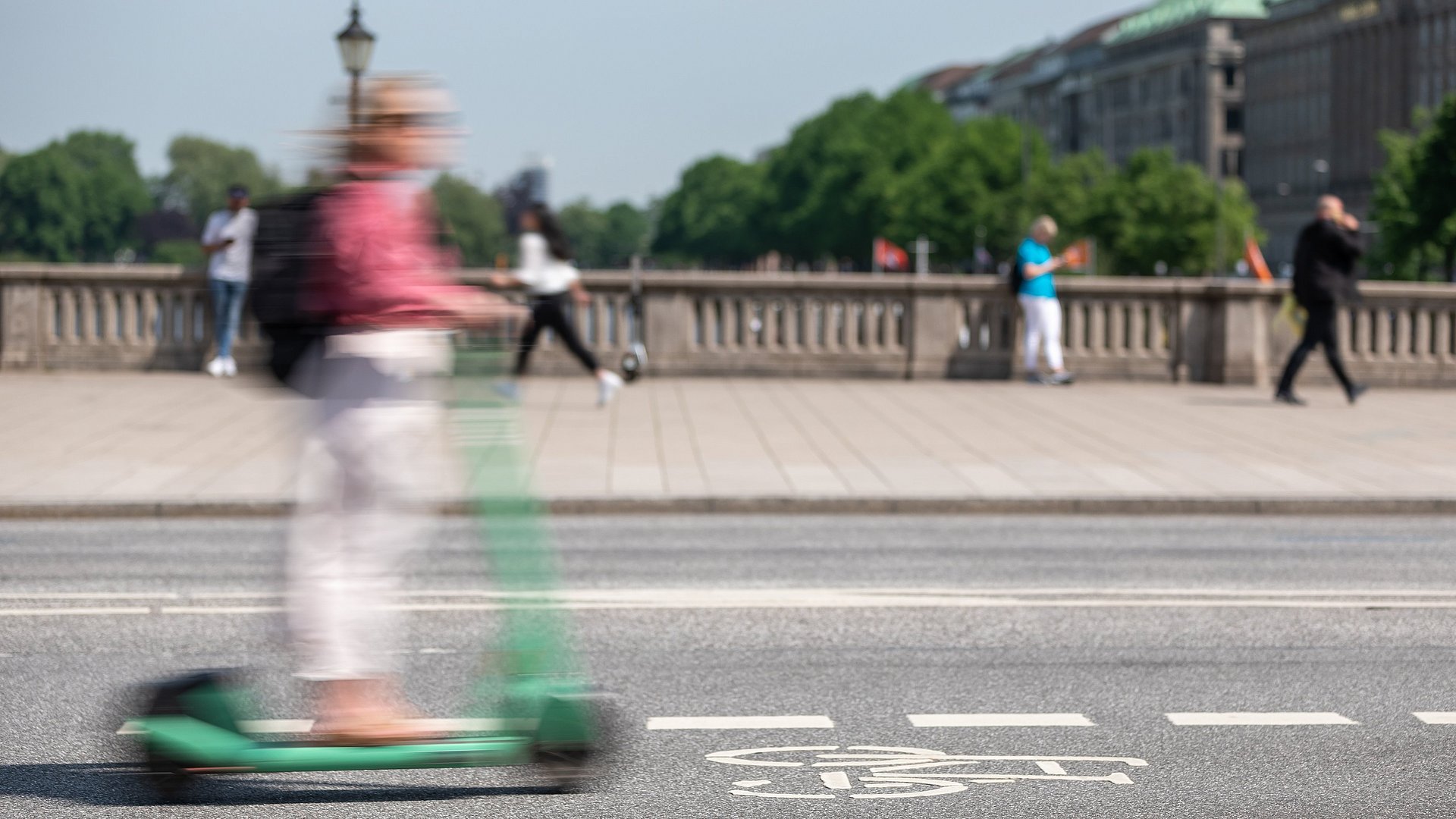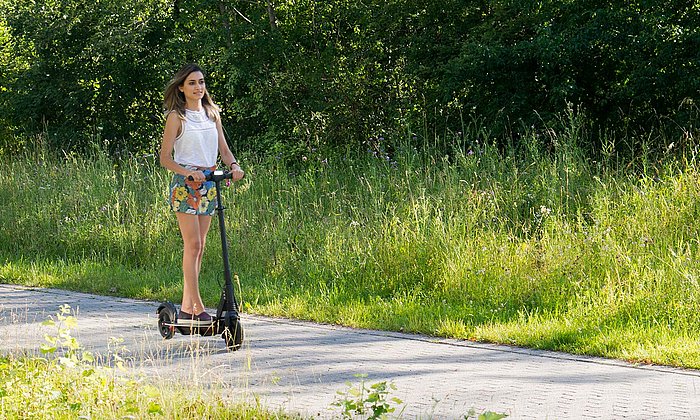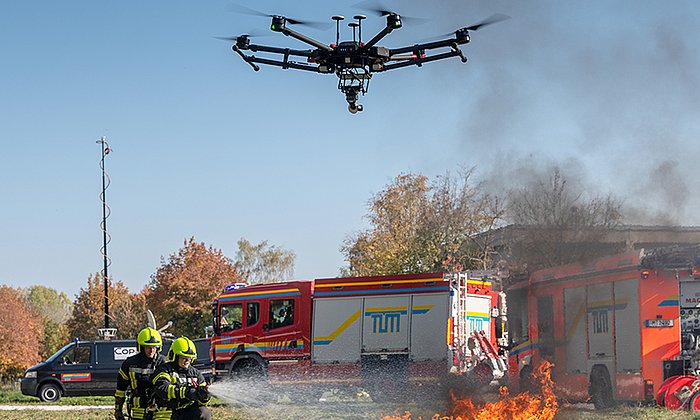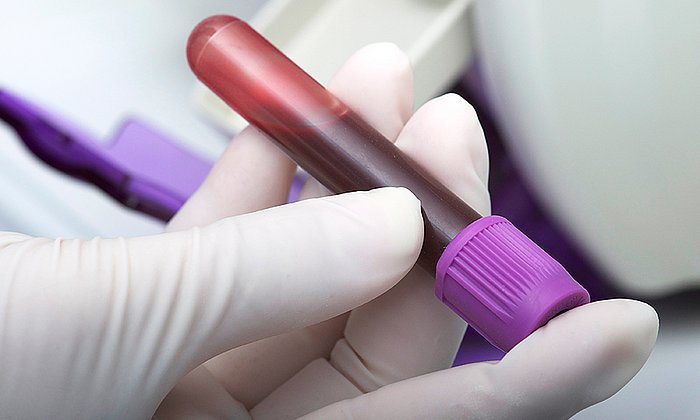Serious injuries from e-scooter accidents
Study reveals patterns in e-scooter incidents across Germany

The German Society for Trauma Surgery began documenting serious e-scooter accidents in its TraumaRegister in 2020. The Road Safety Research Group at TUM University Hospital has now analyzed this data. In the first three years of data collection, 538 people sustained serious injuries in e-scooter crashes. The vast majority of these involved injuries to the head and face. Over 80 percent of those affected required treatment in intensive care. Twenty-six individuals died from their injuries.
Majority of injured scooter riders are male, alcohol often a factor
The average age of those injured was 44.3 years, and approximately 78 percent were male. “Younger men are significantly more affected compared to accidents involving bicycles, cars, or pedestrians,” says Dr. Dr. Michael Zyskowski, co-author of the study, head of the research group, and a senior physician at TUM’s Clinic for Trauma Surgery. For comparison, the average age in similarly severe bicycle accidents was 54.5 years, with men accounting for 72 percent of cases.
Among the severely injured e-scooter riders who were tested, 62 percent had alcohol in their system. In one-third of those cases, levels were above the legal limit. 54 percent of all accidents occurred at night – and half of all incidents took place on weekends.
Better protection through stricter rules
“The number of serious injuries from e-scooter accidents doesn’t have to be this high,” says Dr Frederik Hartz, co-author of the study. The available data does not indicate whether the injured parties were wearing helmets or whether they were riding privately owned or rented scooters. However, an example from Australia shows that legal regulation can have a positive effect: in some regions, mandatory helmet laws have led to a reduction in injuries. Studies on the effects of other measures, such as nighttime driving bans or speed limits at weekends, are still pending.
Dr. Zyskowski believes prevention is key: “We can make a real difference. A good starting point would be targeted education about the risks of serious head injuries, especially for high-risk groups.” In the researchers' view, rented e-scooters in particular are well suited for specific safety interventions. Since they are digitally controlled, providers could implement stricter safety features with minimal technical effort. “To improve road safety, it would be reasonable to limit scooter availability at night and in high-risk areas, and to reduce top speeds during certain hours,” Zyskowski says. “Reaction tests could also be added to the rental process to discourage drunk driving. We should also explore the possibility of mandatory helmet laws – as recently introduced in Italy.”
Hartz F, Zehnder P, Resch T, Römmermann G, Schwarz M, Kirchhoff C, Biberthaler P, Lefering R, Zyskowski M: “Severe injuries in e-scooter accidents: An evaluation of data from the TraumaRegister DGU” Dtsch Arztebl Int (2025) DOI: 10.3238/arztebl.m2025.0041
Technical University of Munich
Corporate Communications Center
- Paul Hellmich
- paul.hellmich@tum.de
- presse@tum.de
- Teamwebsite
Contacts to this article:
PD Dr. Dr. Michael Zyskowski
Technical University of Munich (TUM)
TUM Klinikum
Clinic and Polyclinic for Trauma Surgery
Phone +49 89 4140-5795
michael.zyskowski@mri.tum.de


